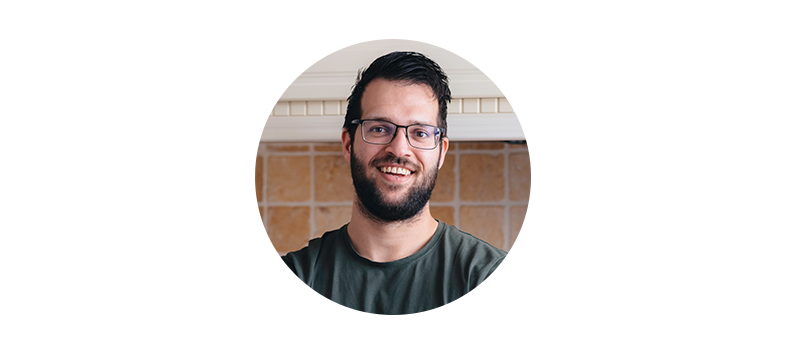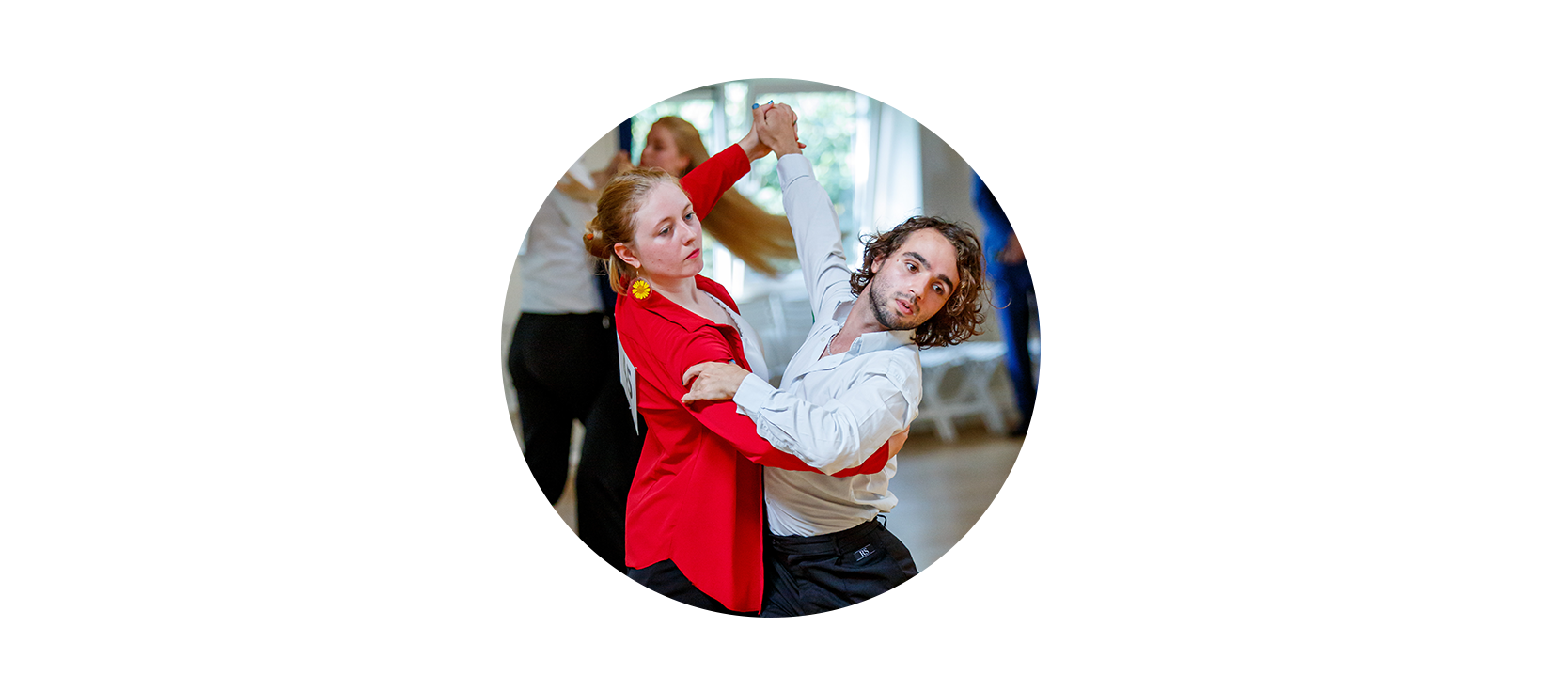PhD students explain their most thought-provoking proposition. This time it is the turn of Reinier Egas, who graduated with a PhD on 23 April. His research was on the physiology of acidophilic sulphate-reducing bacteria that can clean up acidic metallic wastewater streams from mining.
‘The privatization of public transport has created an uneasy political tension between, for example, the economic priorities and the sustainability priorities of the Dutch government. The government aims at public transport services that are accessible, reliable, sustainable and affordable. Theoretically, privatization advances these goals through competition and innovation, but that’s not how it works in practice.
The reason for that is that privatization simply means that the main priority is making a profit. In remote areas, bus routes are cut because they are not profitable, forcing travellers to opt for other means of transport. And the off-peak discount introduced to reduce passenger numbers in the rush hour is really just a rush-hour surcharge for people who can’t choose their own working hours. Both problems are clashes of interests, since the more expensive option is logical for the company. With the cabinet formation still in full swing, the politicians should seek the solution that is best for the Dutch people. I advocate an emphasis on sustainability, accessibility and affordability. That calls for government investments in the short term that will improve wellbeing and sustainability in the long term. Surely those should be the government’s priorities?’




